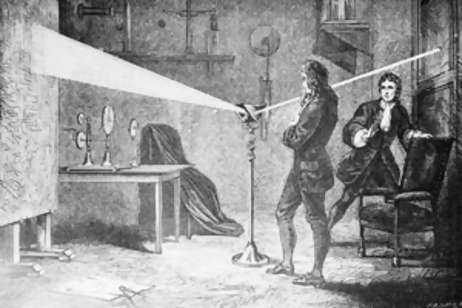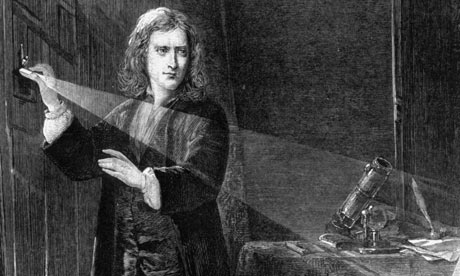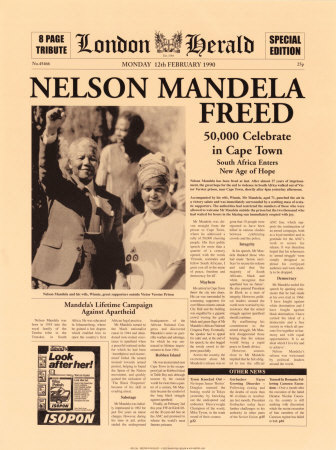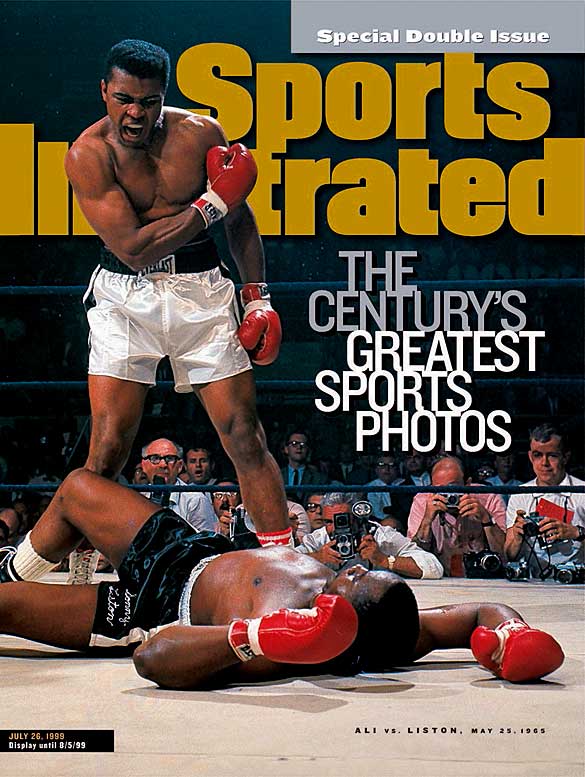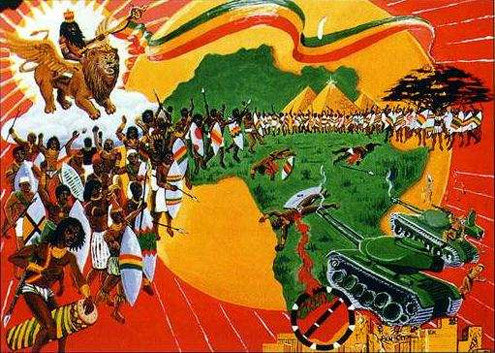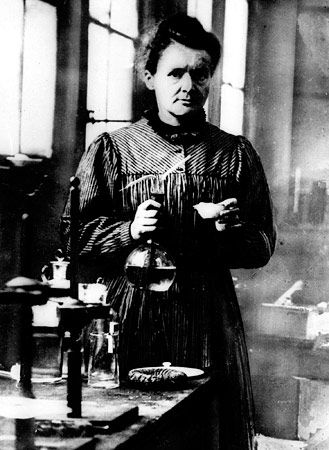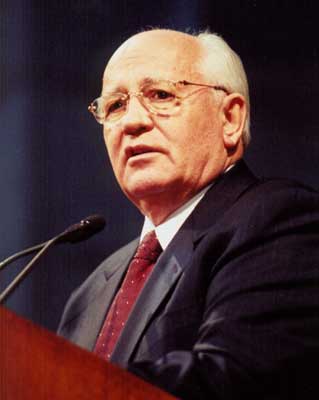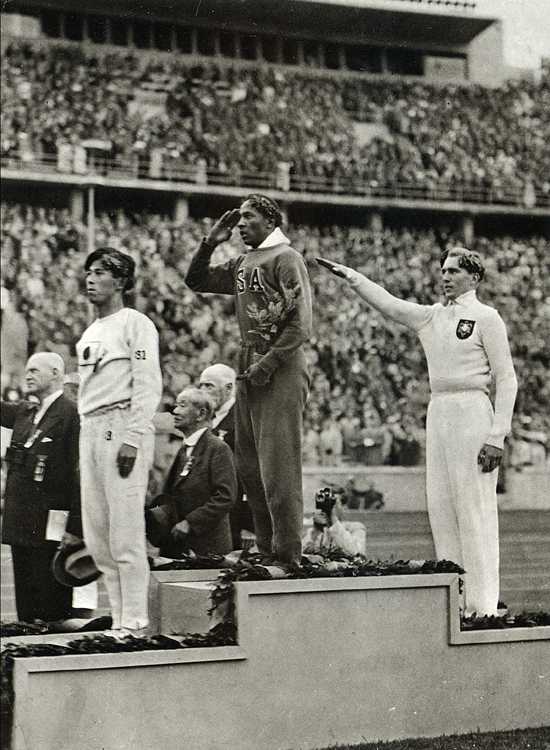Sir Isaac Newton is one of the world’s most renown scientists and philosophers. Newton was born in England in 1642, a time of primitive science and philosophy. Throughout Newton’s life we can see that, once again, through difficulty and trial comes greatness. Newton’s Father died 3 months before Newton’s birth, leaving Newton without an important father-figure. Newton’s mother remarried and left young Newton with his grandmother, so that she could live with her new love. This abandonment scarred Newton and resulted in a sense of insecurity that Newton carried throughout his life. Trials continued to follow Newton when Newton’s education was jeopardized by his estranged parents, wanting him to quit school and work on the farm. Thankfully to Newton’s uncle, who saw Newton’s intelligence, pleaded that Newton’s parents keep him in school. School and studies were the hobbies and escape to young Newton. When the plague, in 1665, closed the university that Newton attended, Newton truly had the opportunity to give up. But it was during this 2 year period that extraordinary discoveries were made. Newton could have decided to leave his studies and return to farming, but He held tightly to his passion. It was during these 2 years that Newton made huge discoveries in the theory of light, in the laws of planetary movement (which changed and defined physics until this very day), and his experience with gravity and the “falling apple”. It can also be speculated that Newton was anti-social, to say the least, and a little strange, but it is Newton’s determination that is incredible. In the world of discovery, there is much persecution. Creating intellectual enemies is a regular occurrence. For someone, such as Newton, to have his insecurities and still pursue his work, is impressive. Even more so is the courage that Newton had to pursue ideas so foreign as the movement of planets. The observation and knowledge of space was extremely primitive. Newton did not have the technology, nor equipment that scientists now have. The discoveries made by Newton become more amazing still, especially when realized that many of the principles that he discovered are true. Newton didn’t defy a nation or free an enslaved people, but Newton’s incredible discoveries did change science and the way the world thinks. Without these amazing, primitive discoveries, the world would not have the technology that it has today.
picture courtesy of: http://www.guardian.co.uk/books
